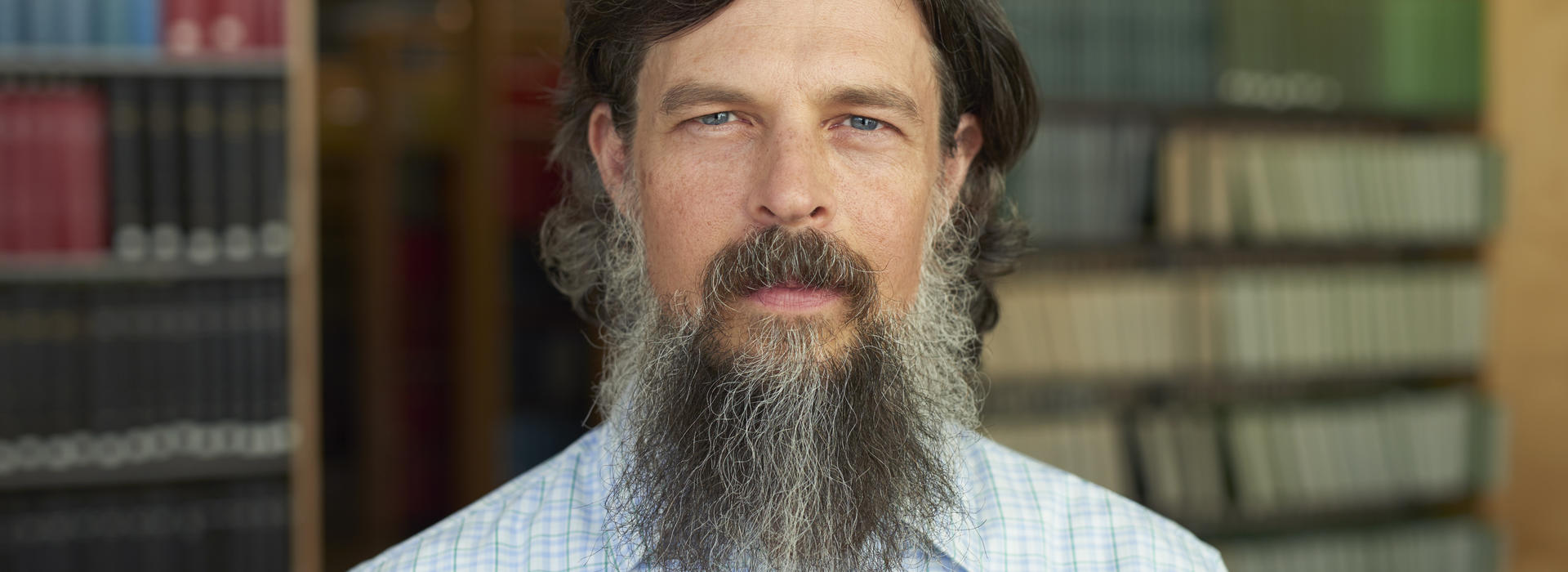
U of M Research Team Engages with the Public about Addiction
Research faculty at the University of Minnesota Medical School continue to study addiction and are discovering that, even though families and friends may see addiction as a tragic, moral affliction, human biology plays a large role in overcoming a substance use disorder.
Mark Thomas, PhD, a professor in the Department of Neuroscience, is one of those researchers who serves on the Medical Discovery Team (MDT) on Addiction. This interdisciplinary initiative funded by the state is made up of more than three dozen faculty from many different research areas, including neuroscience and pharmacology to psychiatry and genetic cell biology.
As a neuroscientist and the MDT’s scientific director, Thomas has led numerous public conversations throughout the state to show the public how tax dollars are advancing addiction research and to “hear the stories and concerns of those we are working for.”
Thomas said, “I think it’s important for people who struggle with addiction, their families, community leaders, as well as those in law enforcement, health sciences and health services, to understand more of what we do and how we approach the problem of addiction. It is not a moral failing. Rather, it is a medical condition based in biology. If we can understand the neurobiology of addiction better, we will be able to find more effective treatments for those who suffer with the condition.”
Helping others better understand addiction is a key reason why Thomas meets with civic and community organizations about what his research team is discovering. In October, he visited the Local Public Health Association of Minnesota where he introduced addiction as a brain disorder.
“I talked about how addiction causes brain circuits to be changed and how dopamine is involved. I generally start with an overview of basic neurobiology, but then I also talk about some of the specific research projects we have going on,” Thomas said.
One of those projects led by Thomas seeks to identify triggers in the brain that lead to relapse. He and his laboratory team have discovered specific brain changes that they believe may serve as one of those triggers. To prove it, they must first determine if that trigger can be observed in humans, and if so, learn how to diffuse it—ultimately, creating a new, critical treatment to prevent relapse.
“We think that these triggers can last a lifetime once you’ve had an addiction,” Thomas said. “Drugs, alcohol, nicotine—they all basically attack the decision-making machinery that we have in our brains, and while it doesn’t happen to everyone, for some people, that leads to a rewiring of the brain that makes it very difficult to make the healthy decision in certain situations.”
Along with Thomas’ work, the MDT is also leading research to develop non-addictive pain medications, vaccines for addiction and brain stimulation therapies to prevent relapse. He says research like this has emboldened him to speak about addiction publicly. Along with speaking to community groups, the team has also taught public courses on addiction through the University’s LearningLife program, spoke to Medical School alumni about the team’s work and sponsored an annual public lecture on addiction at the University.
And in return, his team has benefited as well. In some of his recent speaking engagements, Thomas received questions about how marijuana impacts the brain of a child and how depression is linked to addiction—all ideas that have inspired new research in the realm of addiction.
“If we want to change clinical practice, we need to know what the key issues are on the frontlines, and what could we do that will really help,” he said. “We think we’ve got an idea, but new ideas from people experiencing it firsthand is critical.”